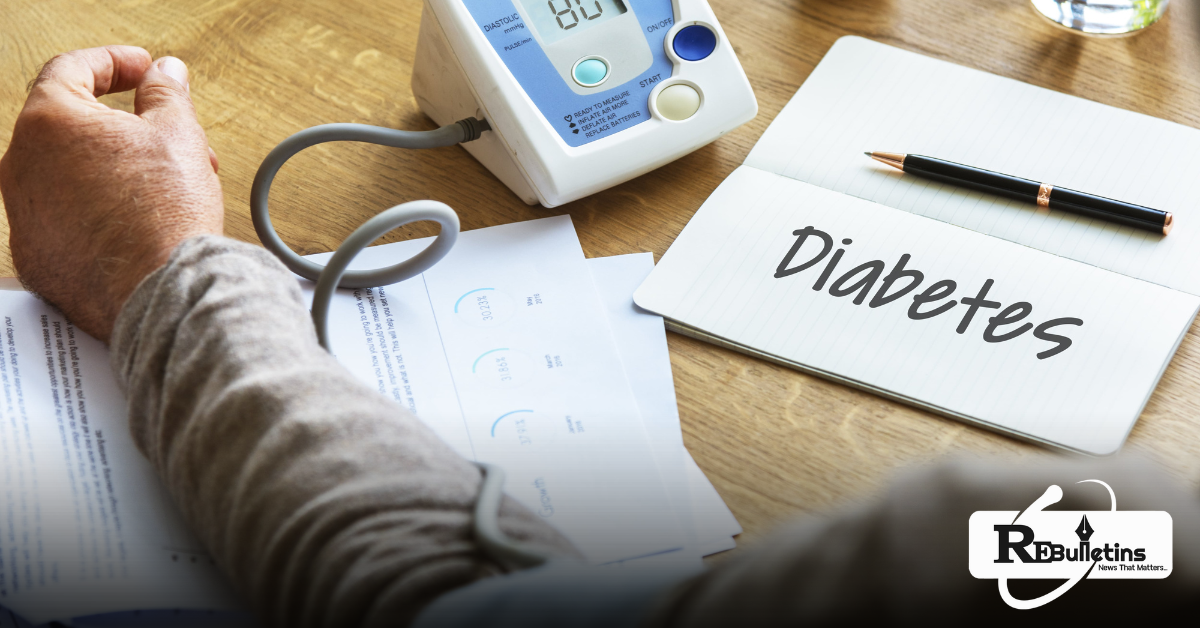A heart attack, often described as a “heart under fire,” is a serious medical emergency where blood flow to the heart muscle is suddenly blocked. This blockage starves the heart of oxygen and vital nutrients, causing damage that can be permanent or even fatal. Knowing how to recognize the warning signs, act quickly, and understand potential treatments is crucial for everyone.
The Siren Song of Symptoms: Heart attack symptoms can vary, and not everyone experiences it. Some common warning signs include:
1. Chest pain: Often described as a squeezing, crushing, or burning sensation in the center or left side of the chest, lasting more than a few minutes.
2. Pain radiating to the arms, neck, jaw, back, or abdomen.
3. Shortness of breath, cold sweats, lightheadedness, nausea, or sudden fatigue.
4. Unexplained anxiety or a feeling of doom.
Remember, every second counts, especially when it comes to heart attacks. If you experience any of these symptoms, call emergency services immediately and do not hesitate. Early intervention can make a dramatic difference.
The Battlefield: Medical Treatment Options: Once at the hospital, medical professionals will quickly assess your situation and initiate treatment, which may include:
Aspirin: To thin the blood and improve blood flow.
Clot-busting medication: To dissolve the blockage and restore blood flow.
Angioplasty and stenting: A minimally invasive procedure to open the blocked artery and insert a stent to keep it open.
Bypass surgery: A more invasive procedure to create a new blood vessel pathway around the blockage.
The specific treatment will depend on the severity of your heart attack and your overall health.
Beyond the Doctor’s Orders: Home Remedies for Heart Health:
While it’s crucial to seek immediate medical attention during a heart attack, maintaining a healthy lifestyle plays a vital role in preventing future events. Here are some home remedies that can contribute to a strong heart:
Healthy diet: Focus on fruits, vegetables, whole grains, and lean protein while limiting saturated and trans fats, cholesterol, and sodium.
Regular exercise: Aim for at least 150 minutes of moderate-intensity exercise per week.
Manage stress: Find healthy ways to cope with stress, such as yoga, meditation, or spending time in nature.
Maintain a healthy weight: Obesity is a significant risk factor for heart disease.
Smoking cessation: Smoking severely damages your heart and blood vessels. Quitting is one of the best things you can do for your heart health.
Controlled blood pressure and cholesterol: Regularly monitor and manage these key risk factors through medication and lifestyle changes if needed.
Remember, these home remedies are not substitutes for medical treatment, but they can play a crucial role in supporting long-term heart health and reducing the risk of future heart attacks.
Heart attacks are serious, but understanding their symptoms, seeking immediate medical attention, and adopting healthy lifestyle choices can significantly improve your odds of recovering and preventing future events. Remember, your heart is precious, so listen to its whispers and take steps to keep it beating strong.
Disclaimer: This article is for informational purposes only and should not be construed as medical advice. Always consult a qualified healthcare professional for diagnosis and treatment of any medical condition.
Stay informed about the latest national and global updates by connecting with Rebulletins on Google, Facebook, Twitter, Instagram & Whats App.









